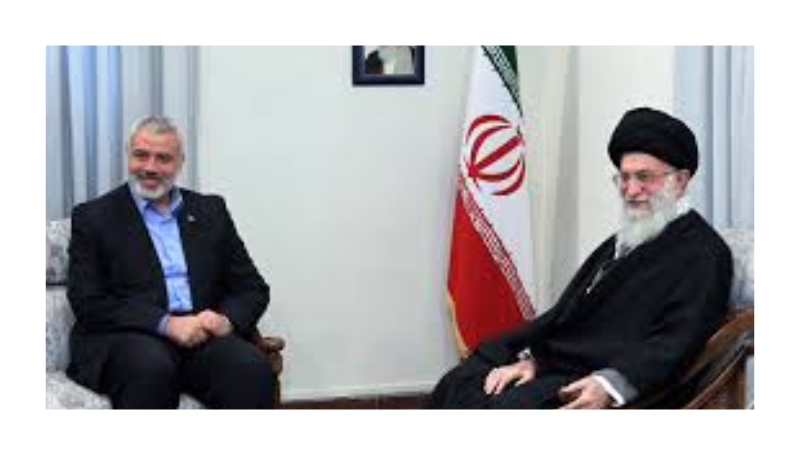Sheldon Kirshner
Times of Israel, Aug. 28, 2024
“Certainly, Iran’s intention is to stoke fear and anxiety among Israelis by slowing its response and capitalizing on speculation about when and how it will respond.”
Nearly a month after the assassination of Hamas leader Ismail Haniyeh in Tehran, Iran has yet to fulfill its pledge to attack Israel in a retaliatory strike. Israel did not take formal responsibility for his death, but Iran is absolutely certain that Israel assassinated him, an assumption that rings true.
Israel, however, had no hesitation in taking credit for the killing of Fuad Shukr, Hezbollah’s senior military commander. Just hours before targeting Haniyeh, Israel killed Shukr in Beirut.
Promising to exact vengeance, Hezbollah waited until August 25 to make good on its promise. Israel, having learned of its plan to retaliate in the early hours of that day, carried out preemptive air strikes against Hezbollah’s rocket launchers in southern Lebanon, prompting Hezbollah to fire more than 300 rockets and drones at Israeli military sites in northern and central Israel. Hezbollah’s barrage caused very little damage, since Israel downed almost all of its projectiles. But Hezbollah may well be satisfied that its tit-for-tat exchange with Israel was a sufficient reprisal.
Iran, Hezbollah’s patron and ally, has praised its armed response. Yet Iran, Israel’s deadliest enemy since the 1979 Islamic revolution, still has not struck Israel. It was assumed that Iran might do so on the Jewish holiday Tisha B’Av on August 12-13, but this moment came and went without incident. Iran may not have carried out its threat until now because it is still unsure whether it can restore deterrence with Israel while simultaneously avoiding a full-scale war. Reports suggest that, while Iran certainly wants to inflict serious damage on Israel, it may be hesitant to cause mass civilian Israeli casualties, an outcome that could surely trigger a regional war and, perhaps, drag in the United States. … [To read the full article, click here]


